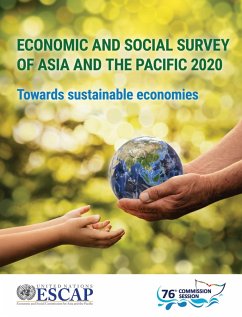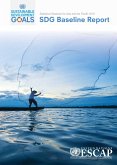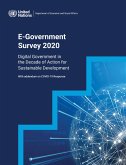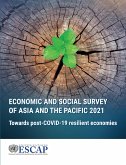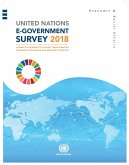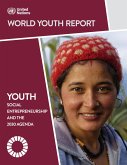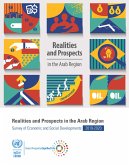Economic policymaking in Asia-Pacific developing countries has, understandably, long been focused on maximising economic growth, given the imperatives of poverty reduction and job creation. There is no gainsaying that there is a strong case for focusing on economic growth but when this comes at costs that undermine the sustainability of growth itself over the long term, it is time to ask questions. This is evident in the Asia-Pacific region, where decades of high growth have transformed the socioeconomic landscape - lifting a billion people out of extreme poverty and raising living standards of even greater numbers. However, such growth has been accompanied by growing inequality of income and opportunity and is beginning to breach planetary limits, endangering the well-being of future generations. Indeed, according to the ESCAP 2019 report on SDG progress, the Asia-Pacific region is not on track to achieve any of the 17 Sustainable Development Goals by 2030 if we continue on our business-as-usual pathway, and the region has either stagnated or regressed in several environmental Goals. The largest regression is in Responsible Consumption and Production (Goal 12) and this calls for a rethink of the economic growth-centric development model. The 2020 Survey proposes a transition towards sustainable consumption and production, given consumption and production's fundamental role in economic activities and its broad link with social and environmental well-being. Such a transition calls for all stakeholders, namely governments, businesses and consumers, to urgently align their own goals with social and planetary goals through internalizing externalities linked to their actions. The 2020 Survey identifies the constraints that different stakeholders face and provides a holistic policy package to power through the challenges.
Dieser Download kann aus rechtlichen Gründen nur mit Rechnungsadresse in A, D ausgeliefert werden.

